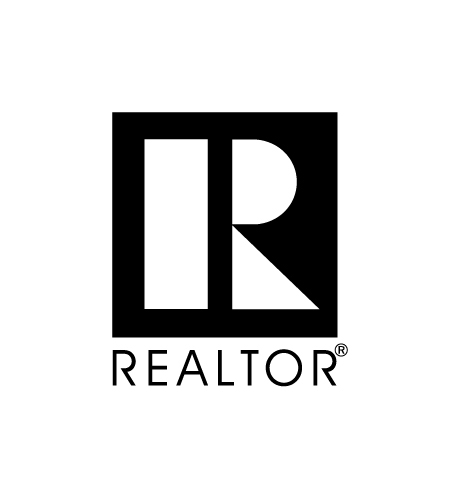The 1031 exchange, also known as a like-kind exchange, is a powerful tax strategy that allows real estate investors in North Carolina to defer capital gains tax while reinvesting their profits in new properties. This tax provision is especially advantageous for those looking to grow their real estate portfolios and maximize their returns. In this blog post, we’ll delve into the 1031 exchange in North Carolina, explaining its benefits, eligibility criteria, and the steps involved in executing a successful exchange.
Understanding the 1031 Exchange
A 1031 exchange, named after Section 1031 of the Internal Revenue Code, is a tax-deferred exchange that enables real estate investors to sell a property and reinvest the proceeds into a like-kind property. By doing so, investors can defer the capital gains tax they would typically incur upon the sale of their property. In North Carolina, this tax strategy can be a game-changer for real estate investors looking to optimize their investments.
Benefits of a 1031 Exchange in North Carolina
1. Tax Deferral:
The most significant benefit of a 1031 exchange is the ability to defer capital gains tax. This allows investors to reinvest the entire sales proceeds into a new property, thus maximizing their potential for future growth.
2. Portfolio Diversification:
Real estate investors can leverage the 1031 exchange to diversify their property portfolio. They can exchange a single-family home for a commercial property, a retail space for an apartment complex, or any other like-kind property, providing an opportunity to explore different real estate sectors.
3. Increased Cash Flow:
Investors can choose properties that generate more rental income, ultimately boosting their cash flow. This is an effective way to achieve financial goals, such as early retirement or passive income generation.
4. Wealth Accumulation:
By deferring taxes and reinvesting the full sales proceeds into new properties, investors can compound their wealth over time. This not only helps in growing their real estate portfolio but also in building long-term financial security.
Eligibility Criteria for a 1031 Exchange in North Carolina
To qualify for a 1031 exchange in North Carolina, there are some important requirements to consider:
1. Like-Kind Property:
The property you are selling and the property you intend to acquire must be of like-kind. Fortunately, the IRS is quite lenient when it comes to defining “like-kind.” For example, you can exchange a single-family home for a multi-unit rental property.
2. Timing:
You must identify the potential replacement property within 45 days of selling your relinquished property and complete the exchange within 180 days. Strict adherence to these timelines is crucial.
3. Intermediary Involvement:
A qualified intermediary must be engaged to facilitate the exchange. This intermediary holds the sales proceeds in a separate account and ensures compliance with IRS regulations.
4. Property Use:
Both the relinquished and replacement properties must be used for investment or business purposes. Personal residences do not qualify.
Steps to Execute a Successful 1031 Exchange in North Carolina
1. Consult with a Professional:
Seek guidance from a qualified tax advisor or attorney who specializes in 1031 exchanges. They can help you understand the intricacies and plan your exchange effectively.
2. Identify Replacement Properties:
Within 45 days of selling your property, identify potential replacement properties that you intend to acquire. You can identify up to three properties or any number as long as they meet the like-kind requirement.
3. Secure Financing:
Arrange financing for the replacement property, as 1031 exchanges typically involve strict timelines. Pre-approval for a loan or securing financing in advance can be advantageous.
4. Complete the Exchange:
Work closely with your qualified intermediary to complete the exchange within 180 days. This involves acquiring the replacement property and transferring the sales proceeds through the intermediary.
Conclusion
The 1031 exchange is a valuable tool for real estate investors in North Carolina to defer capital gains tax, diversify their portfolios, and accumulate wealth over time. By following the eligibility criteria and adhering to the necessary steps, investors can unlock the full potential of this tax-saving strategy. If you’re considering a 1031 exchange in North Carolina, be sure to consult with a knowledgeable professional to make the most of this valuable opportunity and enhance your real estate investment strategy.





